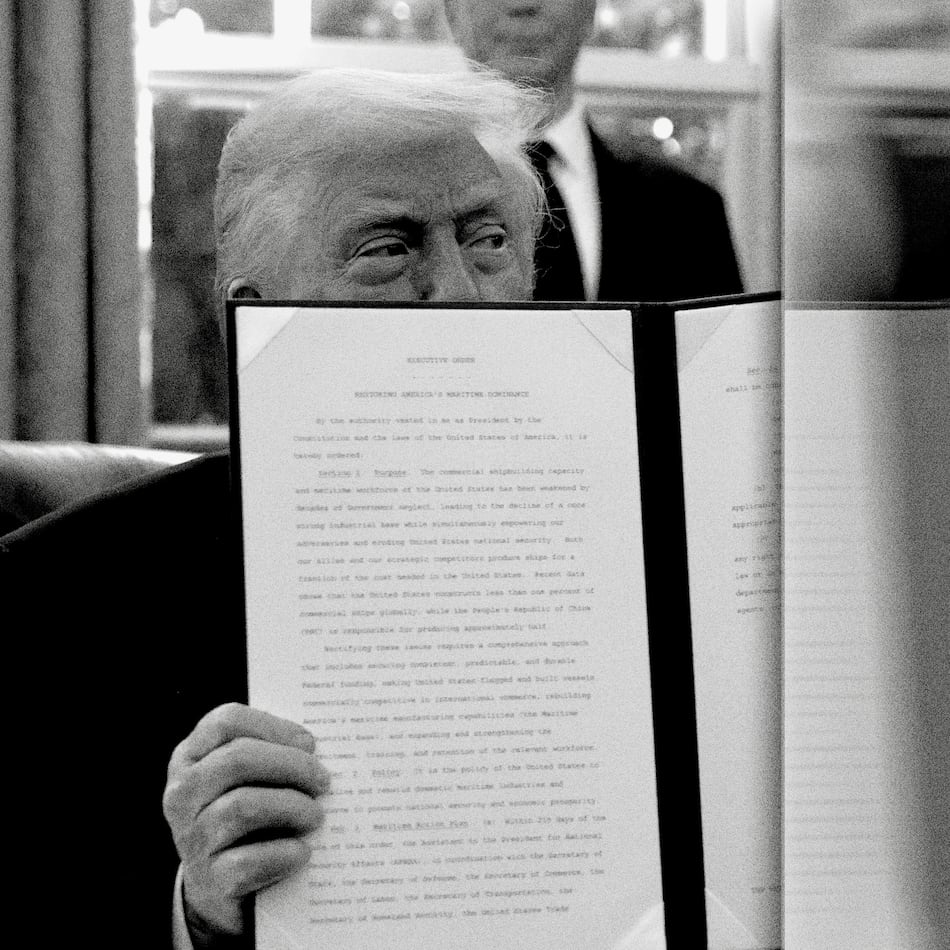Nyawer Majok lost two of her three sons as well as a brother to the conflict in her home country.
Malok Mading, a tall, sinewy man who is totally blind now, still vividly remembers both of the civil wars that ravaged his homeland.
“We lost so many,” Mading, 72, said in fragile but still energetic voice during a community dinner at St. Michael’s and All Angels Episcopal Church in Stone Mountain on New Year's Day. “I was always thinking about how and when we were going to end this long suffering.”
Majok, 55, her face weathered from a hardscrabble life, was also at the dinner. She needed her last living son to help interpret her Dinka-tribal tongue: “It is time for this solution to be realized.”
Atlantans from the southern Sudan Diaspora community, including Majok and Mading, gathered at the Stone Mountain church to discuss their plans for an event of extraordinary magnitude: independence.
As they beat drums and sang native-language songs of liberation, they also prayed for those who lost their lives in the struggle for their political self-determination. And those who didn’t die during the process were flung all over the world.
For those lucky few who were brought to the U.S. from their underdeveloped patch of earth in East Africa (roughly the size of Texas), the revolution is nearly complete. The international community is on the verge of welcoming in a new country. South Sudanese refugees, who were relocated to the metro Atlanta area over the last decade during a 20-year north-south civil war that ended in a 2005 peace deal, are casting their long-awaited vote on Sunday to separate from Sudan to form their own nation.
Many already refer to it as "New Sudan."
Their personal stories have been told over and over by activists, filmmakers, aid workers, authors, journalists and academics over the years. Their war has been fought by southerners, mostly Christian and animist, for autonomy and freedom from a series of northern-based Islamic governments.
“Southern Sudanese have fought for the right to cast these ballots for the last 50 years,” John Prendergast, a prominent Africa analyst who co-founded the Enough Project, said early this week. He has since flown to southern Sudan with George Clooney and a Google imagery team called the Satellite Sentinel Project, a vote-monitoring group meant to deter violence through transparency.
“To them, it is a vote for freedom, no less significant than our Declaration of Independence in 1776,” Prendergast continued. “Millions have lost their lives in this struggle. Every family has been affected. The historical meaning of this moment cannot be overstated in terms of how southern Sudanese people view it, whether they live in Sudan or in the U.S.”
It would be hard to find any south Sudanese in Atlanta, many of whom live in the Clarkston area (including Majok and Mading), who would disagree.
“This is our time to be free,” Nathaniel Nyok, 31, said Tuesday. He is one of the leaders in the local south Sudanese community here. He is also one of the so-called "Lost Boys and a graduate student at Kennesaw State University, where he is studying international affairs.
“I am proud that within my lifetime, I will be able to help my people to be free from oppression by taking part in this vote,” he said. “We are indeed making history.”
His wife Yar, 27 and one of the lesser-known "Lost Girls," who works part time at a staffing agency in Duluth, feels the same. They met at Kakuma Refugee Camp in northern Kenya and spent years living there before eventually being relocated to the Atlanta area.
“But now I am trying to pursue the American dream,” Nyok said.
The result of the independence referendum, which is being held globally from Sunday through Jan. 15, is expected to be a resounding call for separation.
And even though there have been signs that both sides have engaged in an arms buildup prior to the poll, embattled President Omar al-Bashir flew from the Sudanese capital of Khartoum to Juba (anticipated to be the new southern capital) on Tuesday and stated publicly that he will honor the outcome peacefully, even though a substantial percentage of his state revenues have come from oil fields in the south.
The bulk of the vote will be carried out in towns and villages in southern Sudan with obscure-sounding names Rumbek, Malakal and Yei; alongside the Blue Nile and White Nile rivers; in the Nuba Mountains; and in areas bordering another troubled Sudanese region. Darfur lies to the country’s west.
The International Organization for Migration (IOM), a Geneva-based group, is helping implement the out-of-country voting process for those southern Sudanese resettled around the world. Those living in Atlanta as well as much of the southern region are either already in or heading to a polling center set up by the IOM in Nashville. Other voting nodes have been set up in Boston, Chicago, Dallas, Seattle and Washington, D.C.
Becoming a new country might not be as great as it sounds. To start, southern Sudan will instantly enter the international community as one of the poorest nations on the planet.
“The challenges of a newly independent southern Sudan are no different than the challenges faced by the people of southern Sudan today,” Prendergast said. “They will have the huge advantage of major oil revenues. If they misuse those revenues, they could make matters worse. However, if they use them judiciously, they could help fuel development throughout southern Sudan.”
At the church in Stone Mountain, Mading, the elderly blind man who is set to vote, remained hopeful.
“I believe the developed world will not leave us without anything,” he said. “South Sudan has nothing and it still depends on the West, but I know in my heart that we will get what we need.”
About the Author
The Latest
Featured

